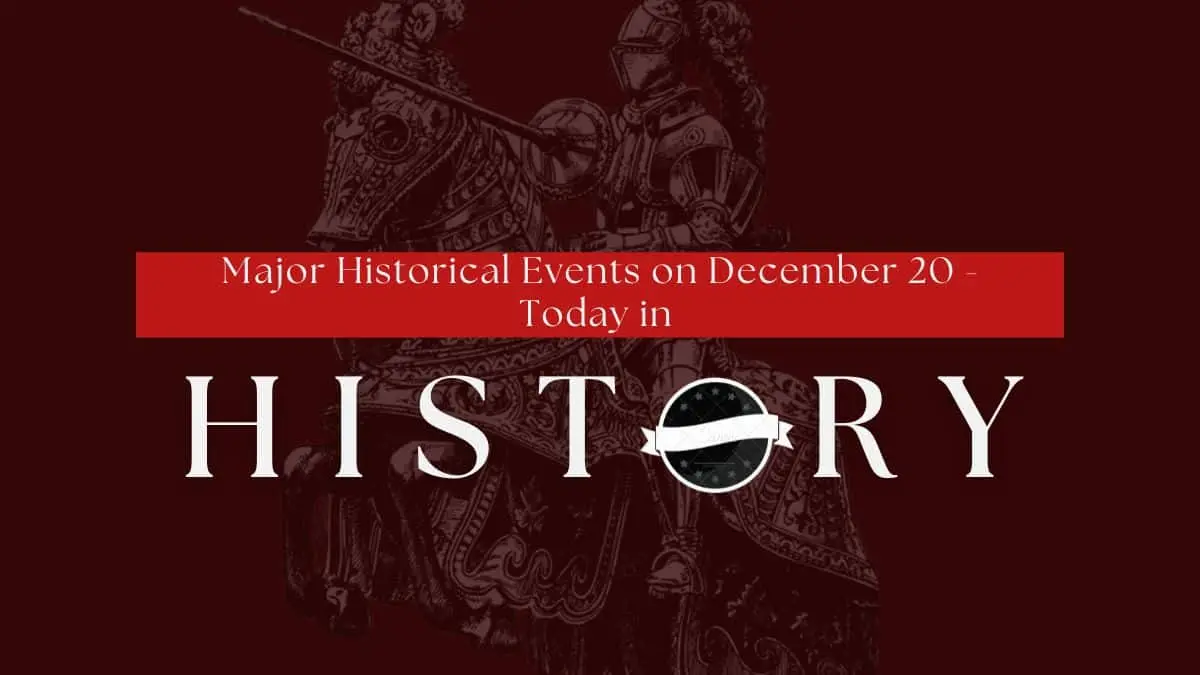December 20th has witnessed numerous significant historical events that have shaped the course of history. From pivotal moments in politics and warfare to groundbreaking achievements in science and culture, this date has left an indelible mark on the annals of history. Join us as we explore some of the major historical events that have occurred on December 20th throughout the years.
Major Historical Events on December 20 – Today in History
1600 – Opera “Euridice” Published

In 1600, Ottario Rinuccini and Giulio Caccini’s opera “Euridice” was published, marking a significant milestone in the history of opera.
1606 – Jamestown Expedition Departs
On 1606, the English colonial expedition to America, consisting of the ships Discovery, Godspeed, and Susan Constant, departed from Blackwall, London, to found Jamestown, Virginia.
1688 – Prince William of Orange Arrives in London
In 1688, Prince William of Orange’s troops arrived in London, a pivotal moment in the Glorious Revolution that led to the overthrow of King James II and the establishment of constitutional monarchy in England.
1780 – Britain Declares War on Holland
In 1780, Britain declared war on Holland, marking a significant development during the Fourth Anglo-Dutch War, a conflict driven by economic and colonial interests.
1812 – “Grimm’s Fairy Tales” Published
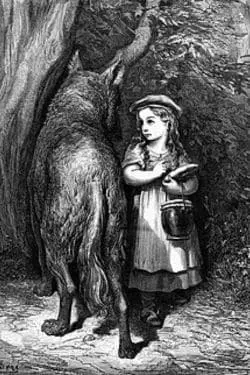
In 1812, “Grimm’s Fairy Tales” or “Children’s and Household Tales” by Jacob Grimm and Wilhelm Grimm was first published. This collection of folktales and fairy tales has since become a beloved literary classic.
1830 – Recognition of Belgium by Major Powers
In 1830, Great Britain, France, Prussia, Austria, and Russia officially recognized Belgium as an independent nation. It acknowledged its sovereignty and territorial integrity.
1861 – Battle of Dranesville
The Battle of Dranesville occurred in 1861 during the American Civil War, as Union and Confederate forces clashed in Virginia. It is markes as one of the early engagements in the conflict.
1862 – General Forrest Occupies Trenton
In 1862, Confederate Army Brigadier General Nathan Bedford Forrest occupied Trenton, Kentucky, as part of the ongoing American Civil War. It demonstrated the shifting tides of the conflict.
1880 – Broadway Lit by Electricity
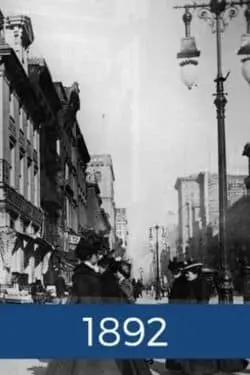
In 1880, New York’s Broadway was lit by electricity, earning the nickname “Great White Way” and ushering in a new era of theatrical illumination.
1893 – First State Anti-Lynching Statute in Georgia
In 1893, Georgia became the first state to approve an anti-lynching statute. It was a significant step in addressing the violence and injustice faced by African Americans in the United States.
1883 – Cantilever Railway Bridge at Niagara Falls
The international cantilever railway bridge opened in 1883 at Niagara Falls, connecting Canada and the United States. It enhanced transportation between the two nations.
1900 – Giacobini Discovers a Comet
In 1900, Giacobini discovered a comet, which would later become the first comet visited by a spacecraft, marking a milestone in space exploration.
1917 – Australian Referendum on Military Conscription
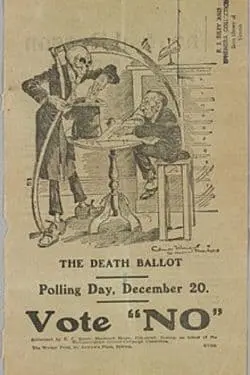
In 1917, a second nationwide referendum on military conscription was rejected by the Australian public. It reflected the country’s divided opinions on participating in World War I.
1915 – ANZAC Troops Withdraw from Gallipoli
In 1915, during World War I, ANZAC troops completed their withdrawal from Anzac Cove on the Gallipoli Peninsula. It was marked as the end of a challenging campaign in the conflict.
1924 – Adolf Hitler Freed from Jail
In 1924, Adolf Hitler was freed from jail early, serving only nine months of his five-year sentence for the “Beer Hall Putsch,” a pivotal moment in the rise of Nazi Germany.
1928 – First International Dogsled Mail
In 1928, the first international dogsled mail left Minot, Maine, for Montreal, Quebec, using a unique method of transportation for mail delivery.
1941 – First Battle of the “Flying Tigers”
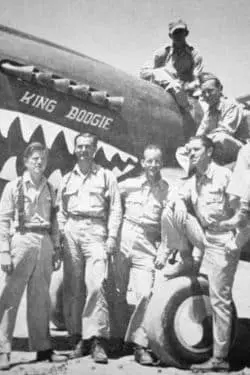
During World War II, in 1941, the First Battle of the American Volunteer Group, better known as the “Flying Tigers,” took place in Kunming, China, against Japanese forces.
1942 – First Japanese Bombing of Calcutta
In 1942, Calcutta experienced its first Japanese bombing during World War II, highlighting the global reach of the conflict.
1943 – “Internationale” No Longer USSR National Anthem
In 1943, the “Internationale” ceased to be used as the national anthem of the Soviet Union. It reflected the changing political dynamics in the USSR.
1957 – Elvis Presley Drafted into US Army
In 1957, Elvis Presley received his draft notice to join the US Army for national service, briefly interrupting his music career.
1960 – Formation of the Viet Cong
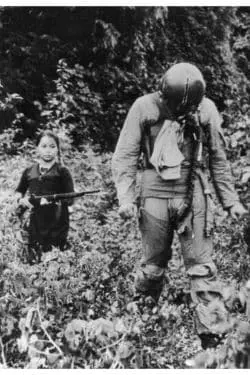
In 1960, the National Liberation Front, better known as the Viet Cong, was officially formed in South Vietnam, becoming a significant force in the Vietnam War.
1963 – Berlin Wall Opens to West Berliners
In 1963, the Berlin Wall opened for the first time to West Berliners, allowing limited passage between East and West Berlin.
1968 – Learie Constantine Becomes UK’s First Person of African Descent in House of Lords
In 1968, Learie Constantine became the UK’s first person of African descent to be named a life peer, allowing him to sit in the House of Lords.
1968 – People’s Democracy Protest March
In 1968, the People’s Democracy (PD) announced a protest march from Belfast to derry, commencing on January 1, 1969, as part of the civil rights movement in Northern Ireland.
1974 – Ethiopia Becomes Socialist One-Party State
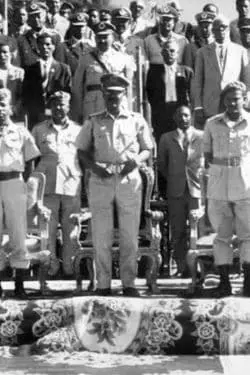
In 1974, Ethiopia underwent a political transformation, becoming a socialist one-party state under the leadership of Mengistu Haile Mariam.
1977 – Soviet Cosmonaut’s First Space Walk
In 1977, Soviet cosmonaut Georgy Grechko made the first spacewalk during the Salyut 6 EO-1 mission, contributing to the advancement of space exploration.
1985 – Establishment of American Poet Laureate Position
In 1985, the position of American Poet Laureate was officially established, with Robert Warren being the first to hold this prestigious title.
1990 – World’s First Website and Server Go Live at CERN
In 1990, the world’s first website and server went live at CERN, marking the birth of the World Wide Web and revolutionizing communication and information sharing.
1996 – Inauguration of National Library of France Building

In 1996, the first part of the new building for the National Library of France was inaugurated in Paris, designed by Dominique Perrault, providing a modern home for cultural treasures.
1999 – Portugal Returns Macau to China
In 1999, Portugal officially returned Macau to China, ending centuries of colonial rule and marking a historic moment in Sino-Portuguese relations.
2005 – First Same-Sex Civil Partnerships in Scotland
In 2005, the first same-sex civil partnerships were celebrated in Scotland, a significant step forward for LGBTQ+ rights and recognition in the country.
2007 – Queen Elizabeth II Becomes Oldest Monarch
In 2007, Her Majesty Queen Elizabeth II became the oldest monarch of the United Kingdom, surpassing Queen Victoria’s record of longevity.
2007 – Sheikh Zayed Grand Mosque Completed
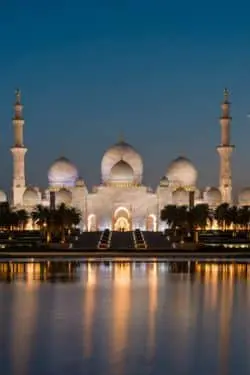
In 2007, the Sheikh Zayed Grand Mosque, begun in 1994, was completed in Abu Dhabi, becoming the largest mosque in the city and a magnificent architectural landmark.
2017 – European Commission Issues Warning to Poland
In 2017, the European Commission triggered the first step of its Article 7 procedure, issuing a formal warning to Poland over concerns about the risk to voting rights.
2019 – United States Space Force Founded
In 2019, the United States Space Force was founded as an armed forces branch dedicated to space warfare, recognizing the growing importance of space in national security.
2022 – Taliban Suspends Female University Education in Afghanistan
In 2022, the ruling Taliban in Afghanistan suspended university education for female students as part of a wider crackdown on women’s rights in the country, sparking international concern and condemnation.
Also Read: Major Historical Events on December 19 – Today in History
